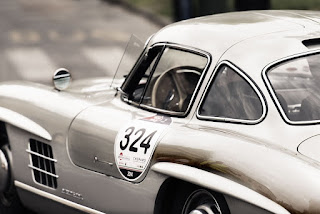A Formula 1 car is an engineering marvel built for incredible speed and acceleration. It can achieve astonishing acceleration from 0 to 100 km/h (0 to 62 mph) in just around 2.6 seconds, depending on various factors such as track conditions, tire grip, and engine performance.
The rapid acceleration of a Formula 1 car is primarily attributed to its exceptional power-to-weight ratio and advanced aerodynamics. These cars are equipped with highly efficient engines that generate immense power. The current generation of Formula 1 cars, introduced in 2022, are powered by hybrid power units known as Power Units (PUs). These PUs combine a 1.6-liter V6 turbocharged internal combustion engine with energy recovery systems, including the kinetic energy recovery system (MGU-K) and the heat energy recovery system (MGU-H).
When a Formula 1 driver accelerates from a standstill, the car benefits from a combination of engine power, efficient traction control, and high-performance tires. The immense torque produced by the engine allows the car to catapult off the line, aided by the carefully tuned aerodynamics that provide stability and grip. The car's lightweight construction further enhances its acceleration capabilities.
It's worth noting that the exact acceleration times can vary between different teams and seasons due to advancements in technology, changes in regulations, and track conditions. Additionally, various performance factors, such as tire compounds, fuel load, and weather conditions, can influence the acceleration times achieved in actual race scenarios.
The blistering acceleration of a Formula 1 car is not only a testament to the engineering expertise behind these machines but also a thrilling spectacle for spectators. It showcases the incredible capabilities and raw power of these high-performance racing vehicles, making Formula 1 one of the most exhilarating motorsport disciplines in the world.
Photo: Pixabay (free)

No comments:
Post a Comment
Thanks for your comment.